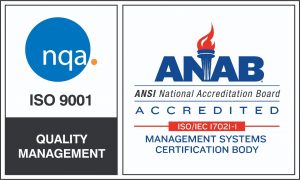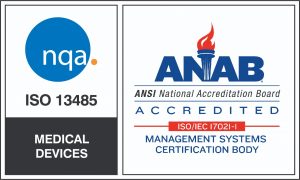 Outcomes-based healthcare is quickly becoming the new norm. In fact, organizations that do not embrace outcomes-based health plans will soon fall behind their competition. A recent study conducted by Avalere Health, a leading healthcare consulting plan, found that outcomes-based contract discussions are up 25% among leading health plans.
Outcomes-based healthcare is quickly becoming the new norm. In fact, organizations that do not embrace outcomes-based health plans will soon fall behind their competition. A recent study conducted by Avalere Health, a leading healthcare consulting plan, found that outcomes-based contract discussions are up 25% among leading health plans.
For healthcare providers, making the switch from a traditional capital expenditure model to a usage-based system makes sense. This model allows providers to charge more competitively for services. However, for medical device manufacturers, this model represents a major shift from the way things have always been done. As more providers adopt an outcomes-based system, medical device manufacturers can no longer base their designs, development, and marketing on big-ticket equipment sales.
Another change, providers now expect medical devices to include embedded software and connectivity. An important feature, this enables patient health data collection and transmission to providers and healthcare networks. This is extremely important to the outcomes-driven model. Connected devices enable providers to view patient data in real-time, increasing diagnostic capabilities and improving outcomes for patients. The medical devices of today need to include numerous features and capabilities.
IoT Medical Devices Allow for Faster Diagnosis and Better Outcomes
The Internet of Things (IoT) allows providers to remotely monitor patients. This reduces downtime and increases the predictive maintenance efficiency of medical devices. By adding a variety of sensors, manufacturers allow medical devices to capture a wide range of data. This could provide a much more complete picture of patient health. Through machine learning and AI, devices and/or providers can react in real-time to changes to a patient’s condition or health.
Making Medical Devices Smart
While most medical device manufacturers understand the importance of making medical devices “smart”, many don’t have the tools, technology, or people to produce medical devices for rapidly evolving needs. Unfortunately, medical device manufacturers that cannot keep up with advancing technology will soon find it difficult to attract new customers or maintain existing accounts. The shift to IoT is evolving quickly and recent predictions show that healthcare related IoT will top $135 billion by 2025.
Organizations unsure of how to embed software and connectivity into medical devices could benefit from outsourcing to a competent and experienced medical device contract manufacturer. Means Engineering has years of experience and understands the complex and changing needs of the medical device industry. We have ISO 13485 certification and our team is dedicated to exceeding customer expectations for both quality and service.
When you work with Means Engineering, we work directly with your organization to ensure you fully understand every step of the process. Our services are scalable, ensuring a right-sized approach for each project. Following our core values: passion, integrity, innovation, and ethics, our team works together to complete projects on-time and on-budget.
Please contact us for more information about our services.


